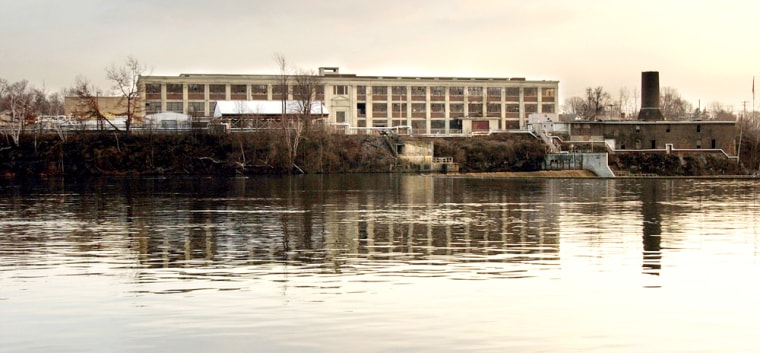Delegates from 130 nations meeting here Friday were buoyed by word from the United States that it is looking to join an international treaty calling for the phase-out of a dozen of the world’s most hazardous pesticides and chemicals.
The United States and Russia are the biggest industrialized countries that have yet to ratify the Stockholm Convention on Persistent Organic Pollutants — a U.N.-sponsored treaty seeking to restrict 12 chemicals commonly known as the “dirty dozen.”
Delegates opened high-level talks Thursday in this Atlantic Ocean beach resort on ways to eliminate toxins and narrow loopholes for a few countries still allowed to use some dangerous chemicals.
'Aggressive' goal
“Our hope is that next year we will be a party to the treaty,” said Claudia McMurray, deputy assistant secretary for environment, speaking on the sidelines of the first U.N. meeting on ways to implement the treaty. “It’s a pretty aggressive schedule but that’s what we’re shooting for.”
President Bush, who has faced heavy criticism for his environmental policies, hailed the treaty as a major breakthrough in a pre-Earth Day speech four years ago.
Nonetheless, disagreements in the U.S. Congress over how more toxic chemicals might be added to the ban in the coming years has slowed U.S. ratification, McMurray said.
DDT, PCBs among the dozen
Some 98 countries have ratified the convention that calls on countries to stop production, sale, and use of the substances, many of them found in poisons used to fend off or kill mosquitoes, termites and other insects found on crops or in homes.
Among them are polychlorinated biphenyls, or PCBs, dioxins, and DDT. Others include furans and the pesticides aldrin, hexachlorobenzene, chlordane, mirex, toxaphene, dieldrin, endrin and heptachlor.
Scientists say the toxic chemicals tend to persist in the environment and travel long distances, posing significant health risks, including birth defects in humans and animals. The chemicals tend to accumulate in the bodies of both humans and animals and have been also linked to cancer and other diseases.
